Brittany Howard on Collaboration, Gear, and Making Up Your Own Chord Shapes
This feature originally appeared in the eleventh issue of She Shreds, published in November, 2016. Subscribe here and receive your copy of She Shreds’ 12th issue with your subscription.
Talking to Brittany Howard is more like talking to an old neighbor than a three-time Grammy award winner.
While the strength and power that Howard delivers on stage is equally evident off stage, the light that surrounds her maintains calmness and presence—as if to remind us that she’s still the same old country girl who was listening to James Brown and Pink Floyd when growing up in the small town of Athens, Alabama.
Since signing to ATO Records in 2012, Alabama Shakes—comprised of Brittany Howard (guitarist, singer, songwriter), Heath Fogg (guitarist), Zac Cockrell (bassist), and Steve Johnson (drummer)—have received global praise for their 2015 sophomore release, Sound and Color. While some of Howard’s achievements include hitting number one on the Billboard 200 to winning three awards at the 2016 Grammy Awards, including Best Alternative Album, perhaps the most admirable is her dedication to where she comes from and staying true to who she is:
“The only time I remind myself [where I come from] is when I start complaining about not being home enough or being tired or getting stuck on the road. I have to be like, ‘You know you’ve got all this shit going on you should probably be more appreciative.’ Besides that I’m pretty much the same. I don’t exaggerate things, I just am who I am.”
Still, the four-piece continues to navigate music the same way they did before making their debut in 2009, back when they’d host jam sessions in Howard’s great-grandmother’s living room: with incredible appreciation and love for the creativity they get to express. After a five hour photoshoot in Howard’s’ home, we drove over to a small dive bar in East Nashville where we discussed collaboration, gear, and making up your own chord shapes.
She Shreds: Tell me a bit about how you started playing guitar. Can you paint a picture of Brittany Howard as a little shredder?
Brittany Howard: I guess I for real started playing when I was 12 or 13, and it was my sister’s guitar—it was just sitting in the closet. It was one of those really heavy Les Paul rip offs. The first thing I did—I didn’t know how to tune it—[was] start writing all of these songs right off the bat. I just used my ear like, “That kind of sounds right.” And then eventually I learned how to read tabs when I was 13 and picked out songs by Blink 182—simple power chord things—but I was always most interested in doing what I wanted to on the instrument.
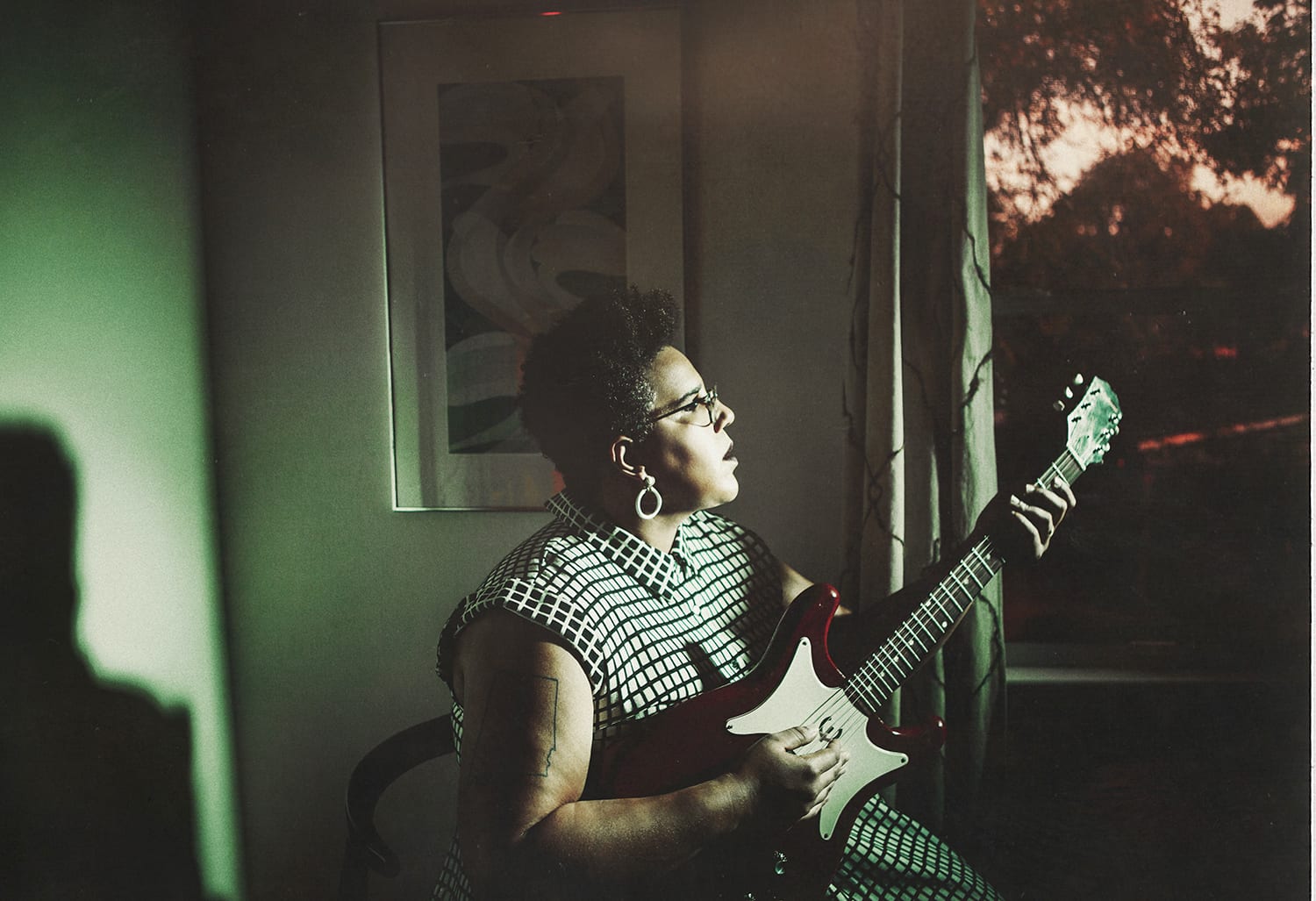
You grew up with doo-wop, Michael Jackson, real classic style tunes, and then got into Pink Floyd and more psychedelic music. With that contrast in mind, what did you practice to develop your skills as a teenager?
As I got older my tastes changed, so I’d say over the history of my songwriting I’ve written all types of songs. I was more interested in knowledge and knowing how to play different types of music. Like the Spanish guitar—what are those sounds like? What makes a punk rock song good? Obviously it’s the energy, it’s not necessarily the technicality of playing. What’s going on with James Brown’s guitar player? What’s going on with Dave Davies from the Kinks? I didn’t really learn those songs, I just listened. I was like, “Ok, I’m getting that vibe,” and then from there I would be like, “Well, let me write a song.” And then eventually I found out about David Bowie and just lost my mind. I was really into that [idea of] framing a different reality for songs. New, more creative—as far as lyrically, what’s going on in the song.
I got my education just by listening to records. Never had a teacher to teach me chords or anything like that. I don’t really care about chords. You know, technical stuff don’t matter to me—I wouldn’t know what to do with it at this point. I probably should learn it, it’d probably be fun, but I like not knowing it. It’s a mysterious element and then everything I do is like, magical when I find out about it.
Does your upbringing and that mindset of what you developed as a kid affect how you approach music and collaboration today?
I’m not great at collaborating. When I write songs I like to be alone because it lets me visualize what I’m writing. On our new record there’s a song called “Dunes” and to me that was an entire landscape, it had a story. Like the movies, when I make a soundtrack for this little short story I got going on, let me make this short story as condensed as possible—I’m talking like, four minutes—and let me write some songs for that. I like to do that alone because it would get really confusing having to explain all that thinking to somebody else. So I’m not beyond trying to collaborate with someone, I definitely try, but it just makes me kind of uncomfortable and out of my element.
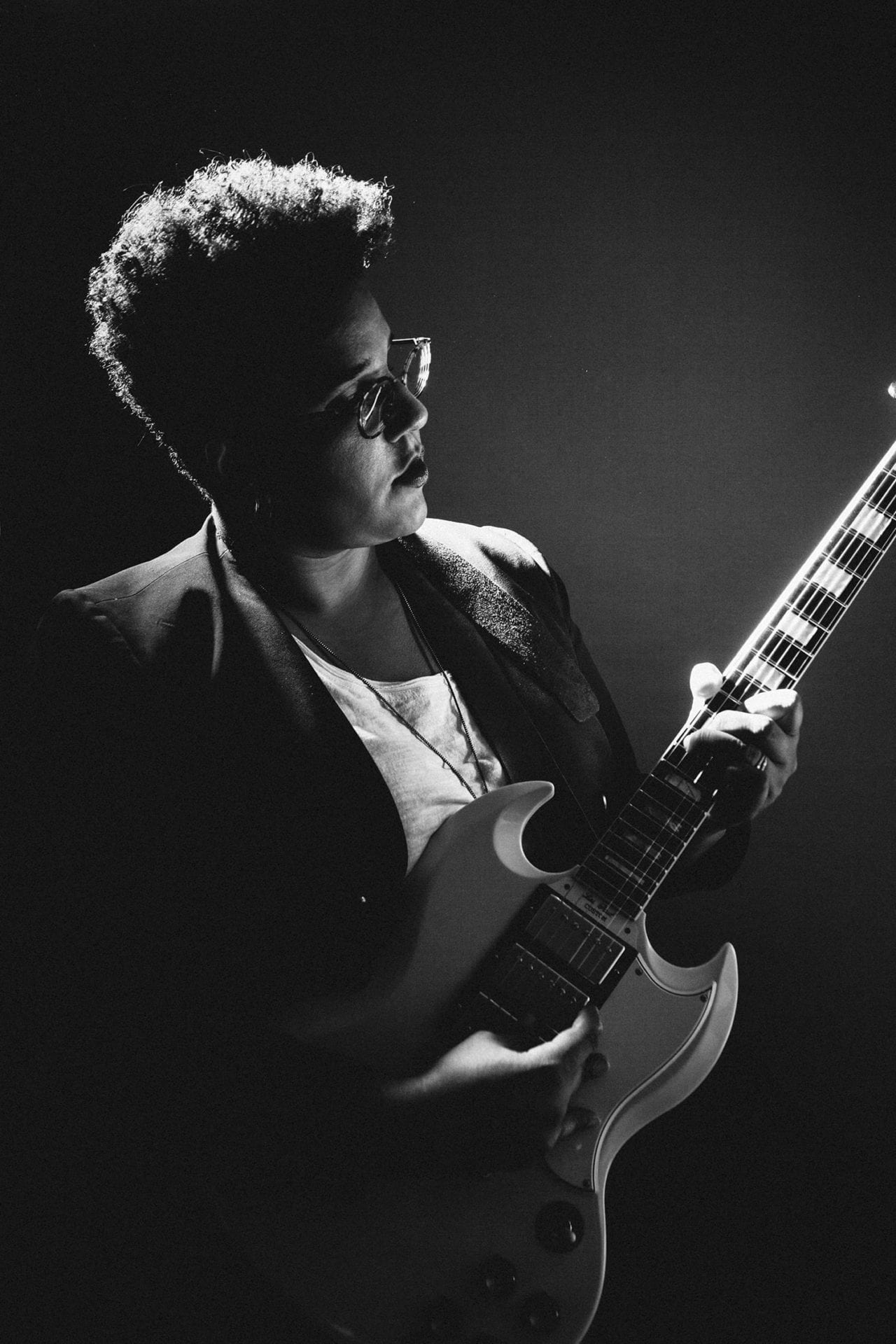

Do you think that has to do with the isolation of living in a small town?
Oh, definitely. The whole reason I started picking up a guitar, or instruments, is because I spent so much time alone. So it was something I could do with my time that made me proud of myself. I could finish this song and be like, “Yeah, I did that!” And then move on. Each time I would learn something, and it was really exciting and totally worth it. When I was younger I had this old Windows 2000 with Audacity—the only program my computer let me run—and I would just record tracks on tracks on tracks. It was so much fun, I could sit there for eight hours if I didn’t have to go to school.
Who’d you first see play guitar that made you go, “I want to do that”?
Well, the music first started with my Uncle Chad, my mom’s brother. He played guitar, he played Guns N’ Roses, Jimi Hendrix—he was really good at it. But I never thought girls could play guitar—I had never seen [a girl] play guitar ever in my life until the fifth grade when we had a music teacher, Ms. Mosely. She played guitar, she just busted out some “Blackbird” and I was just like [makes surprised face], “I want to do that.”
Then the next year I saw my first live band play which just happened to be our guitar player Heath [Fogg]’s band. He was 15 and I was 11 and I saw him play in the old gymnasium. That’s where it started. My sister used to play piano and she was really proficient at playing by ear and she would teach me how to play.
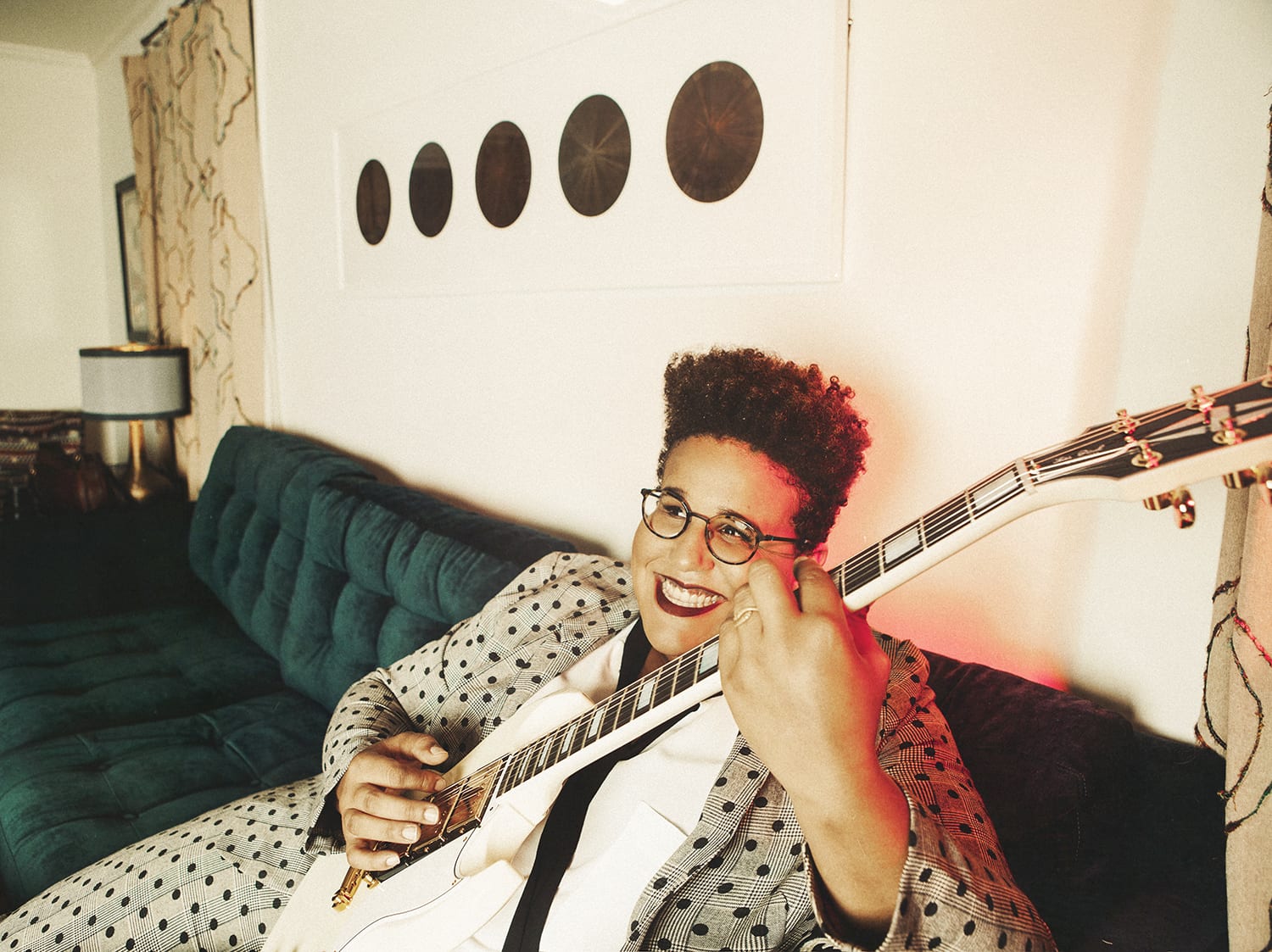

Your guitar playing is super driven by dynamics—it reminds me of waves, like a pull and push. How much do you experiment with resistance and release in your playing and performance?
I don’t pride myself on wanting to conquer the instrument or master the instrument, or necessarily even study the instrument. For me, guitar playing was the means to an end to write a song. Everything I play is for the song and not to show off. I actually like to just carry the song along, it goes with my voice, it goes with what’s happening, the swells and the falls. I’m not a showy player, I just play what goes well and that’s it really.
It seems like people see you as equal parts vocalist and guitarist. Do you identify as that or do you gravitate towards one more than the other?
I identify as a songwriter—that’s what’s the most fun to me. I’m excited to be a part of She Shreds because most people don’t come up to me and be like, “Aw man, your guitar playing is so cool,” or “Your tone that you took like four years to pick out is super tight.” They’re usually just like, “Wow you’re singing really good and really loud and I love you so much.” And that’s cool, but it’s nice for people to be like, “Oh, I like your tone.“ Just a little compliment [laughs].
Speaking of, you have this crystal clear tone that, at least in recent years, has really inspired me to pay more attention to tone. What’s important to you and what’s your setup?
Pickups are important to me. The feel of the guitar—first thing’s first. Like, let’s say I’m at a guitar store . . . alright, it feels good but let’s see if it passes the test—hook it up to a shitty amp, but does it still have any character at all. If it does then like, “Alright, let me plug in to my favorite amp,” and then it’s all about it talking to you and giving you ideas. Like . . . “What if I played this, that’s nice—I could play like this forever on this guitar. “Can I play it fast? Can I play it well? Does it sustain well? Does it have a nice woody tone? Is it natural? Can it be timeless?” Things like that.
I’m really picky about that because honestly it can be any type of guitar—it doesn’t matter if it’s a $5,000 Gibson or if it’s a $150 Kay I found at a garage sale. It’s all about having those sounds that speak to me and inspire me to want to write a song with it.
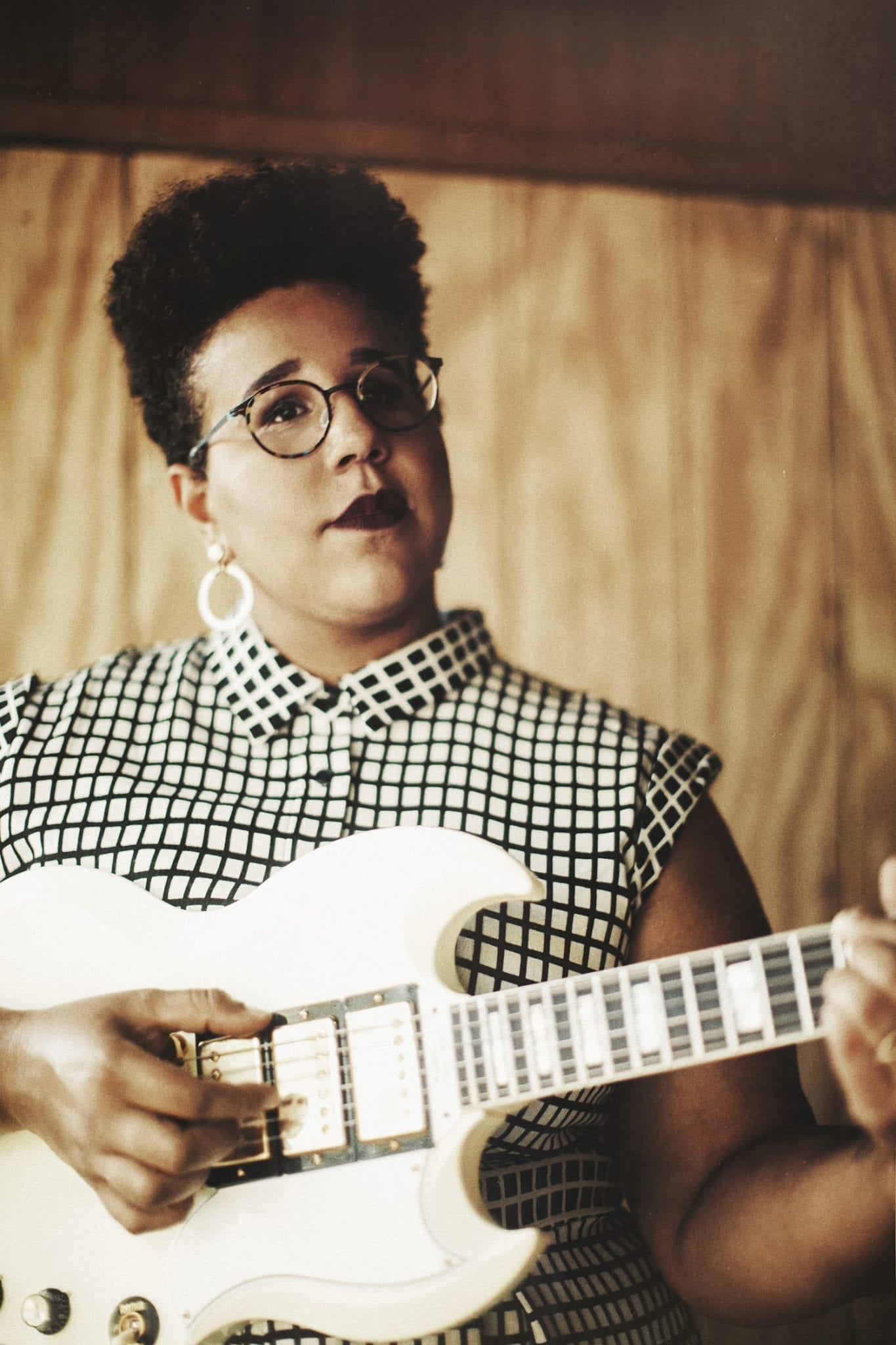

What’s your live setup?
I’ve got a ‘65 or ‘67 Silverstone 100 Watt amp and it’s been through a lot—it’s exploded twice. The amp is badass and I have two Silvertone cabinets. One has two 12”s and the other one has, I think, a big 15” speaker. I can’t run one speaker. I have to run two speakers or else they’ll explode. That’s what I’ve learned—they’ll catch on fire because of the power [from my guitar]. So that’s what I work with on stage. I like it because I got two options: I’ve got one that’s more clear and sharp, and I’ve got one that has a lot of bass in it. It doesn’t have very many options to equalize, which I like. I don’t want to mess it up.
Is it the Silverstone amps that make your sound so crystal clear?
Yeah. It’s also that I don’t overdrive it that much. I like to keep it at a certain point between volume and gain where it’s kind of like the beginning days when people were finding out about distortion, you know what I mean? Things just sound interesting, things are still clear and they don’t get super muddy. I used to play Orange Amps and [they] covered up a lot of my mistakes, but the Silvertones will show every single mistake so it’s made me a better guitar player.
Actually, what is the backstory of that guitar?
So, [Gibson] invited us into their showroom and said, “You can borrow one of our guitars to play on Letterman.” I was like, “Tight . . . I walk into the room, first thing I see is this green guitar. I was like, “I want to play that one!” And he was like, “Yeah, that’s actually the one guitar that you can’t use.” I was like, “ Oh come on, let me use it!” So he let me use it for the show and I had to return it. I was like, “Um, I’ll do anything to buy this from you.” I fell in love with it and that’s hard for me to do. And they were like, “Nah nah nah, it’s somebody else’s guitar, they said they’d never sell it.” But in the back of my mind I was like, “No, I can’t give up, I have to have it.” Because every time I would play another guitar I would think about it.
So this guy said, “If you ever play the guitar on Saturday Night Live, I’ll let you have it.” And he might’ve said it like encouraging us or he might’ve said it like, “Y’all probably ain’t gonna get on Saturday Night Live.” I don’t know, I’ll never know. But we played Saturday Night Live and they called me and said I could have it.



What came first, singing or playing guitar?
Well, I grew up in a household that just let us sing, so we did. Me and my cousin, we used to get buckets out and sit in the garage and when people walked by we’d be like, “Hey! Come listen to us sing and play!” We’d make a quarter. These people used to sell basically what is frozen Kool-Aid in a little cup, so we’d make enough money and go get ‘em. It started there.
Then I’d go to church and sneak in playing on the drum set when I could—I was totally terrified to do it ‘cause I didn’t want nobody to yell at me. So then it progressed there. Singing was just like whatever, I never thought I was that good at it until my mom said I could sing good. I don’t think I showed her a song ‘til I was like 17 or 18 years old. She had no idea.
I saw you play at Sasquatch and was really moved when you told the crowd that you’d never take moments like that for granted. Why is it important for you to express that? I feel like a lot of bands or artists don’t.
I’m just gonna be real about it—after you tour for a long time and play the same songs over and over again you can get . . . I guess jaded is the word. And you can forget what you’re doing and you can just forget all the opportunity of it and how amazing it is because it becomes your normal life. If people didn’t latch on to songs and like us and tell people about us, we wouldn’t get to do the things we do. And what we get to do is amazing. So it’s true, I don’t want to be an asshole basically. And the fans—they can help me not become an asshole.
How do you make sure that your songwriting isn’t affected by other people’s opinions?
Oh, genuinely just not liking their opinion. I think intuition is really important, especially with women, and if it ain’t right, it ain’t right. People can say it’s great all day, but if it bugs you and bothers you then fix it, do it how you want to do it. Because usually your intuition won’t lie to you.
Do you have any chord progression or shapes that your hands just naturally gravitate to and love so much?
Yeah, but I couldn’t tell you what they’re called. A lot of the players in my band will tell you about what they call “Brittney’s chords” [all laugh]. And we have things like the Jimi Hendrix chord which is like, some sort of 7. And then we have eagles claw [makes shape with her hand] which is some sort of 9. It makes sense! Little building tall building [all laugh]—that’s a chord. I get by with what I have to get by! The James Brown chord [makes shape with her fingers].
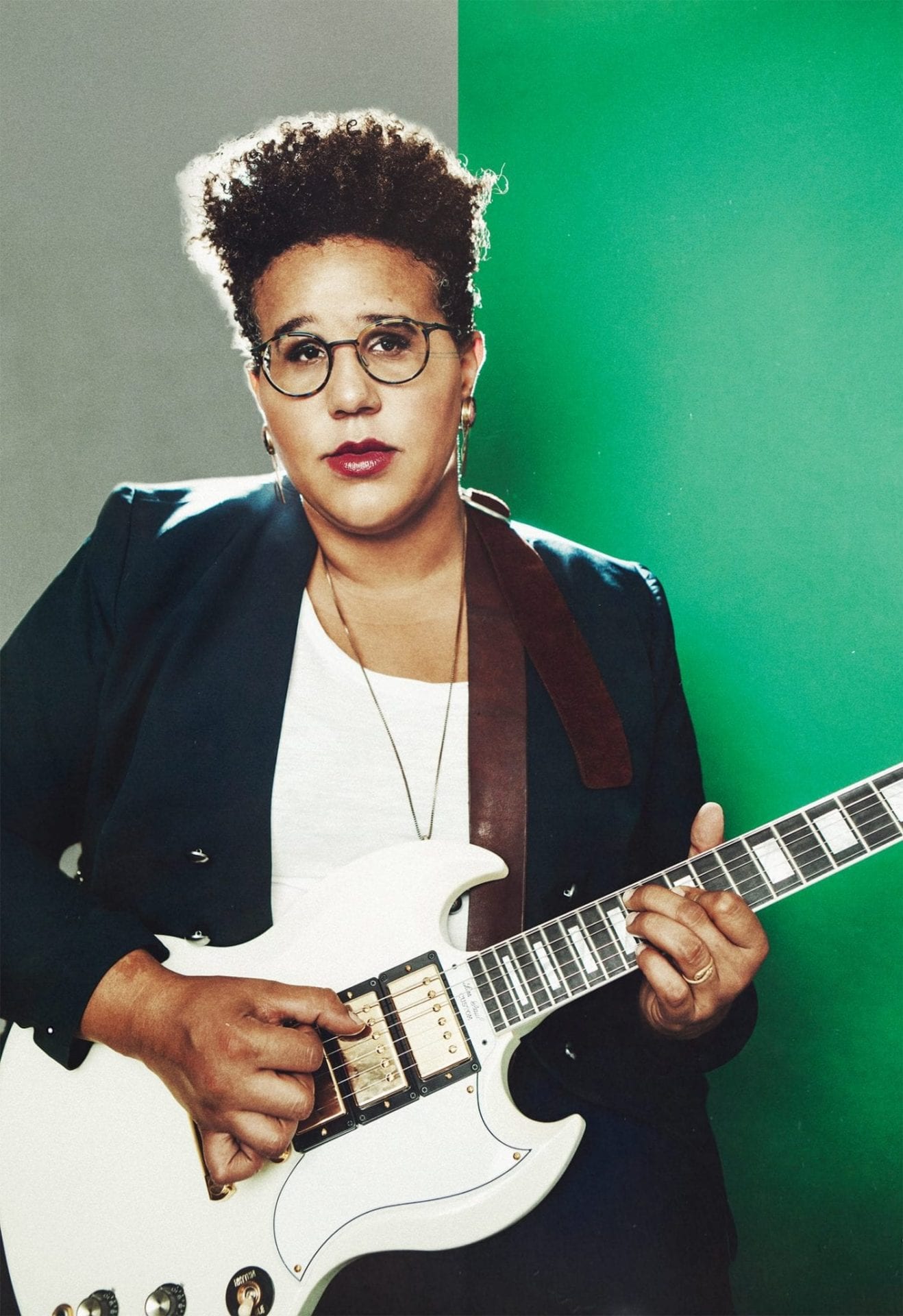

Oh, you do that one in “Give Me All Your Love”!
Yeah! I made them all up. It wasn’t intentional, I was trying to communicate them to other people. I’d be like, “You know, Jimi Hendrix!” [makes guitar playing noise] And then of course I know C, D, E F, G—all that stuff.
Have you been writing new music?
Yeah, I’ve written some things. Have I written Alabama Shakes music? Not yet but see, I like to explore what I want to listen to. What do I want to hear? It’s 2016—everybody’s doing this, doing that, and it’s starting to mix together. It’s exciting and then it’s boring and there’s all this shitty rap. What would be refreshing for me to walk upon? And so I like to meditate on that for a while. And then I like to put it into action.
Is there anything you want to play that you haven’t?
Maybe like ‘80s metal. It seems like it’d be really fun. I think I was made for it.
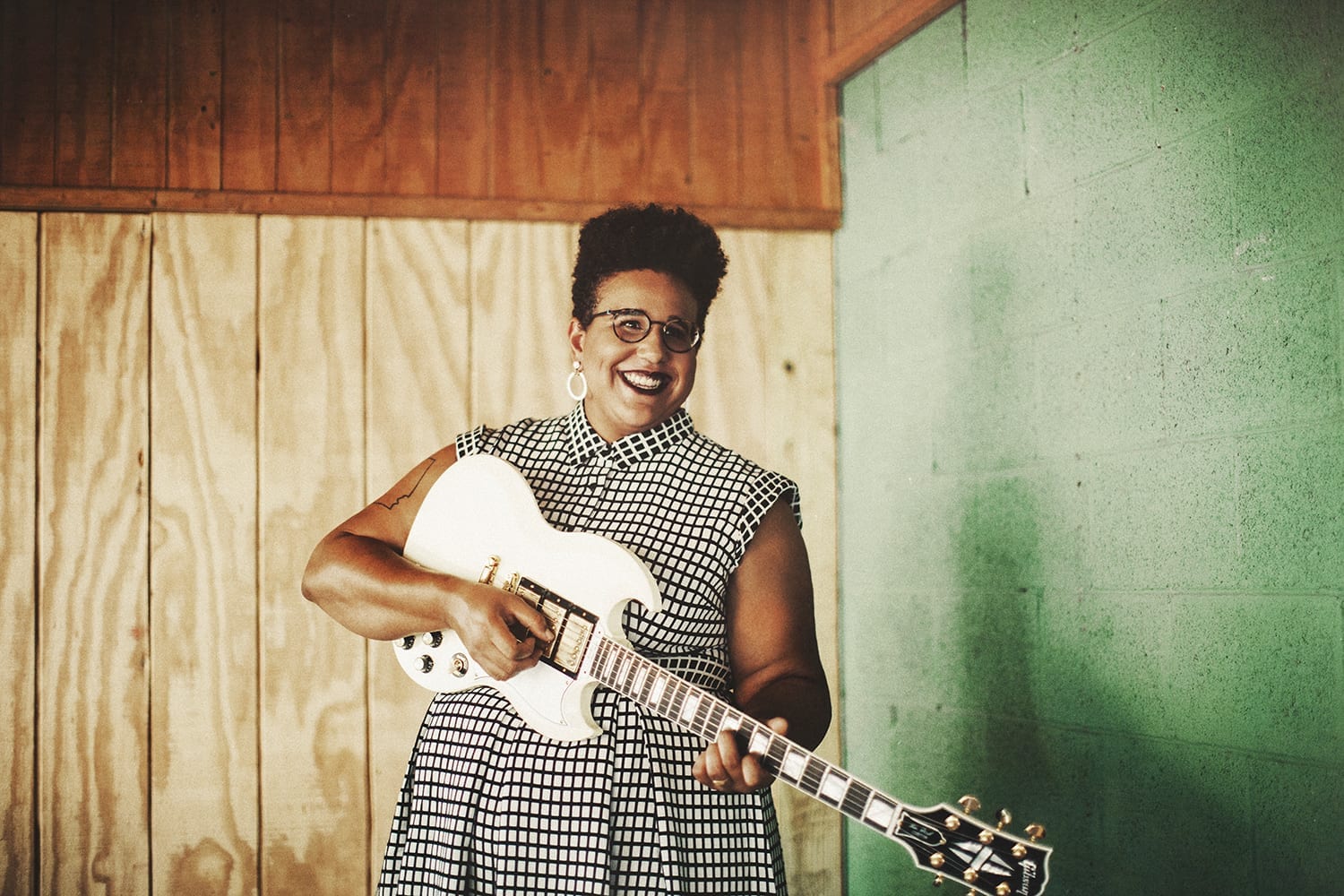

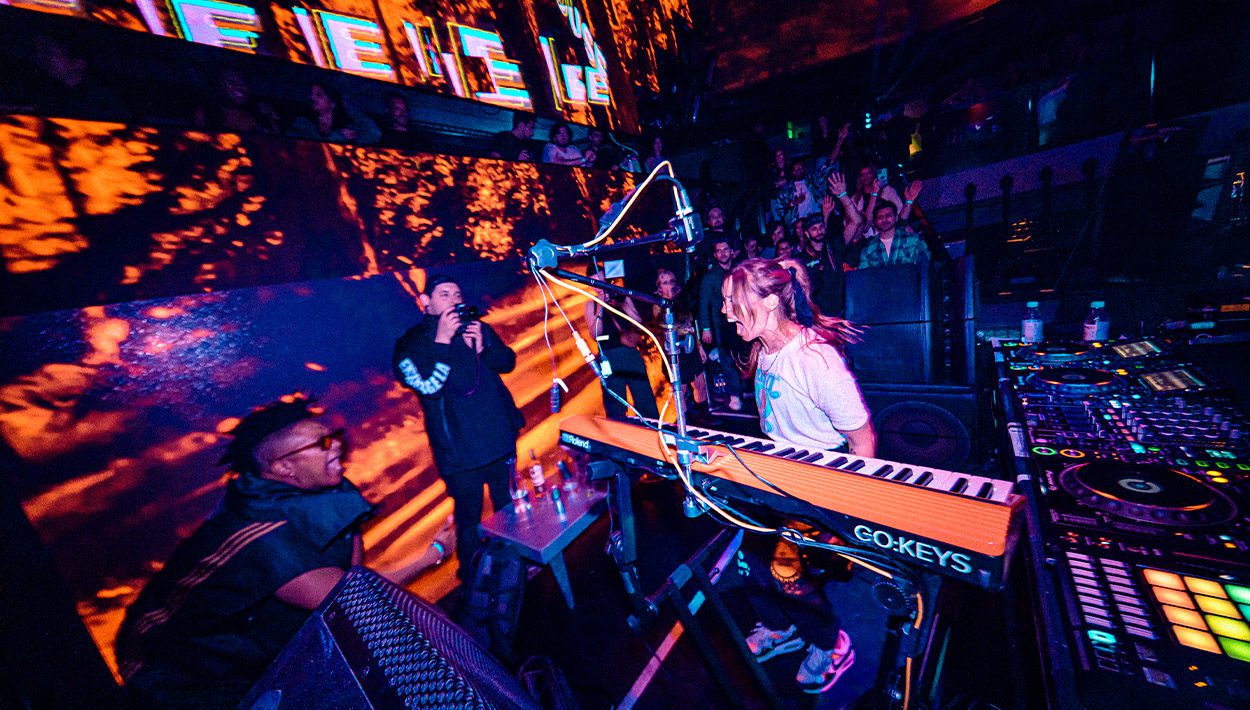
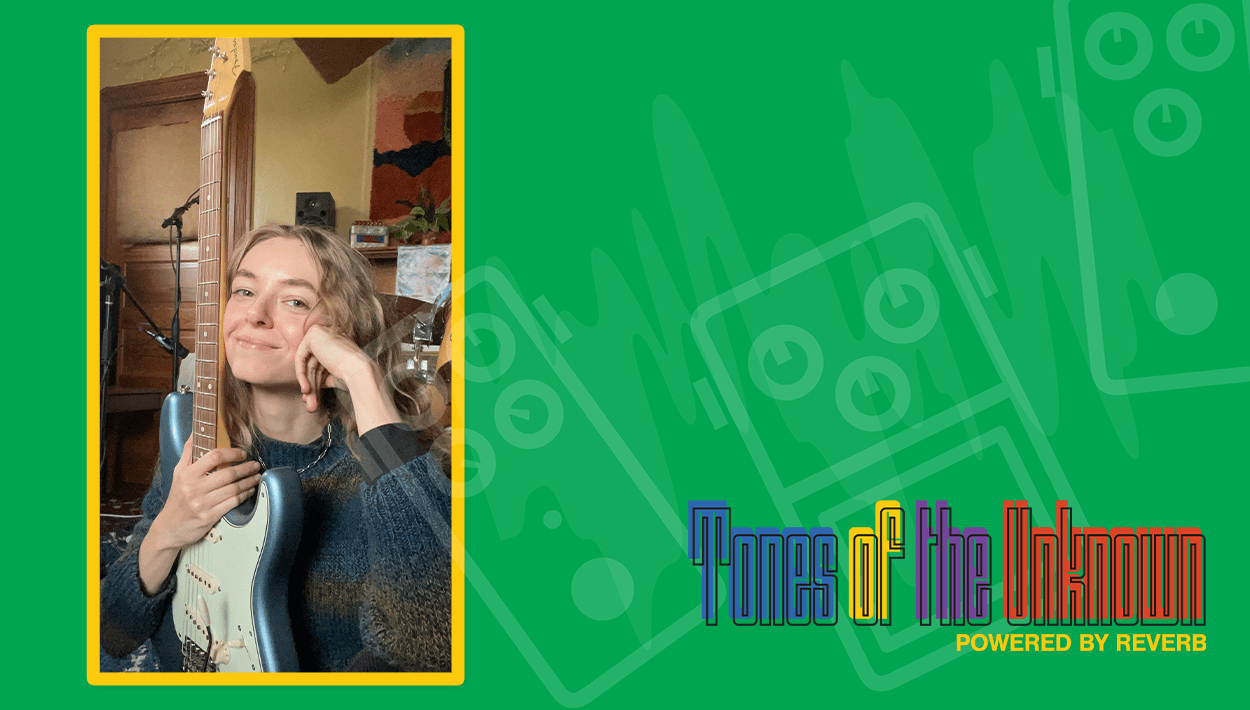
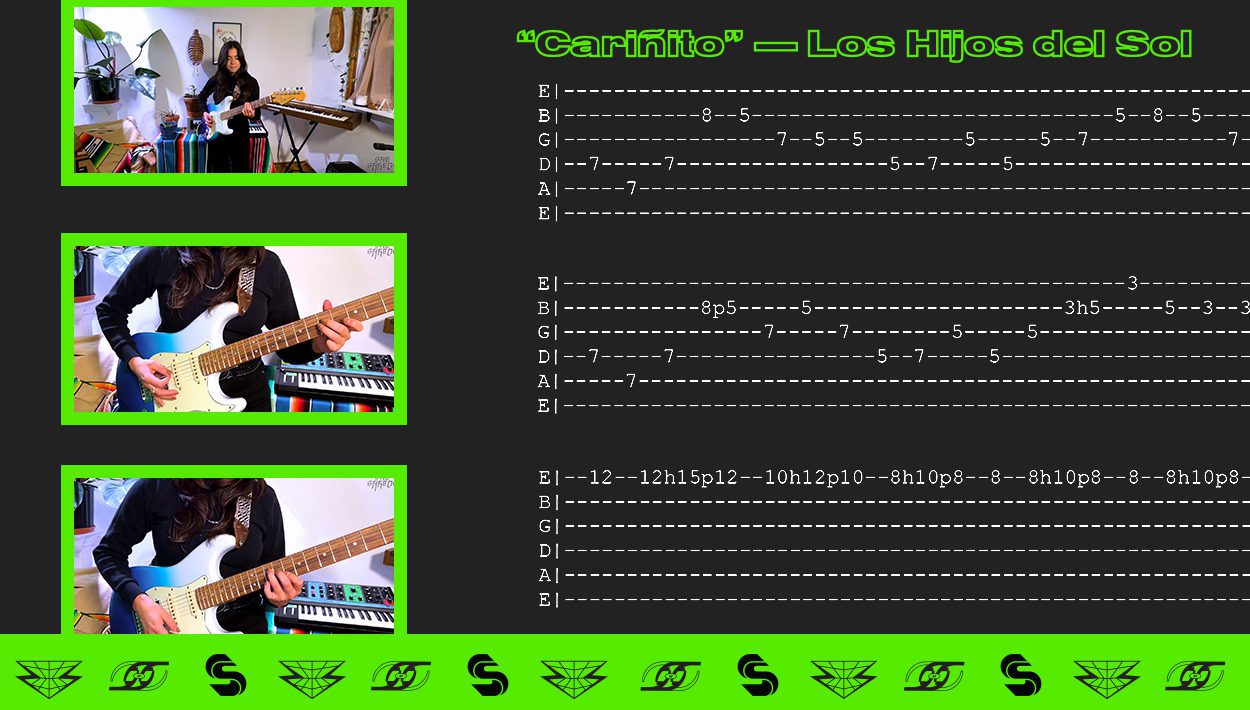
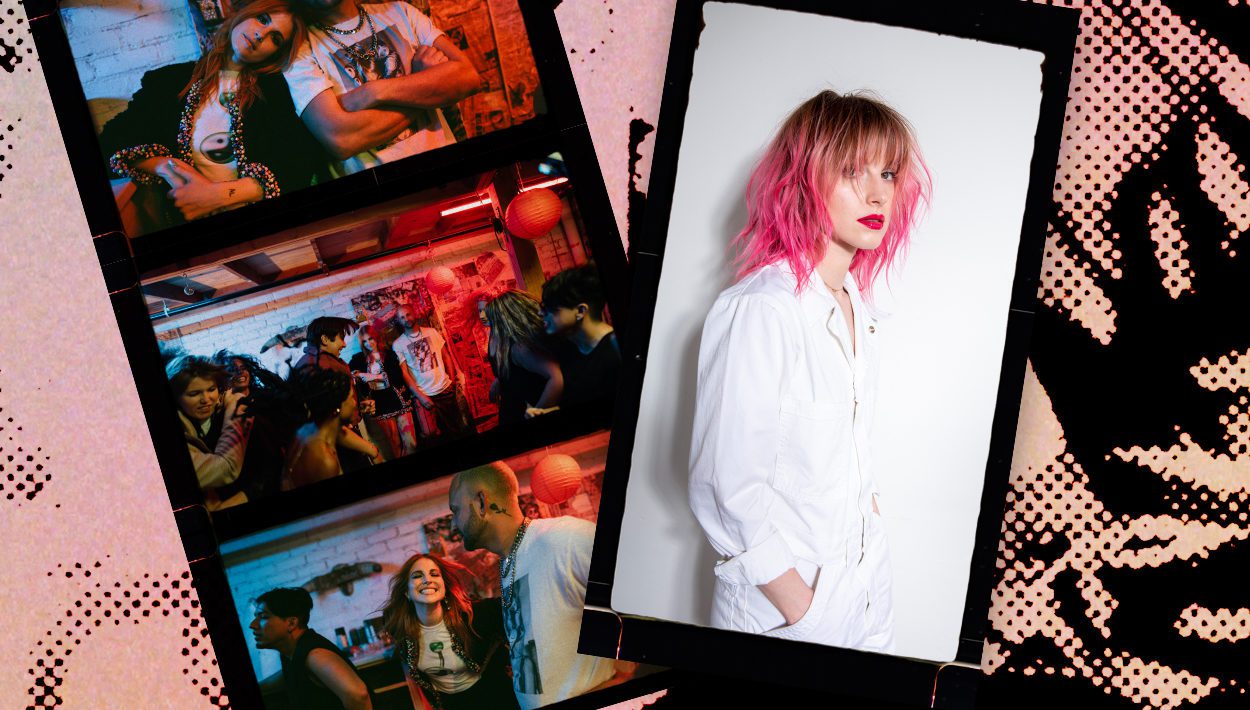
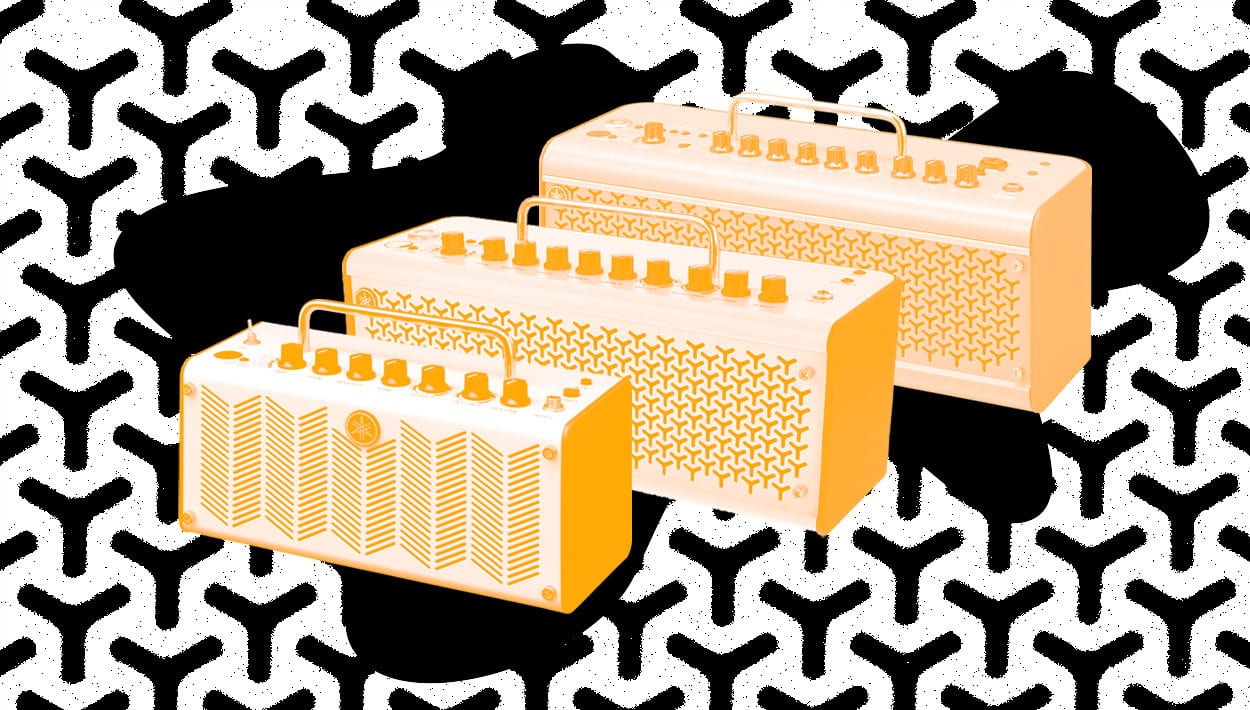
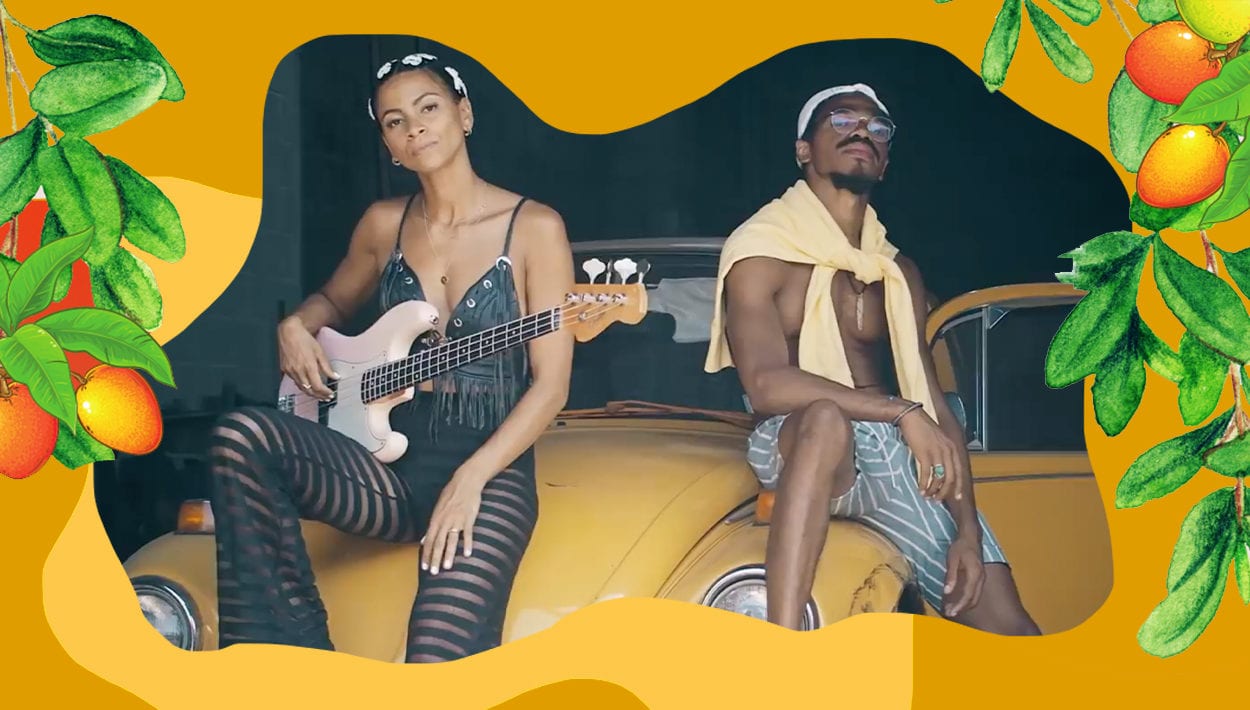
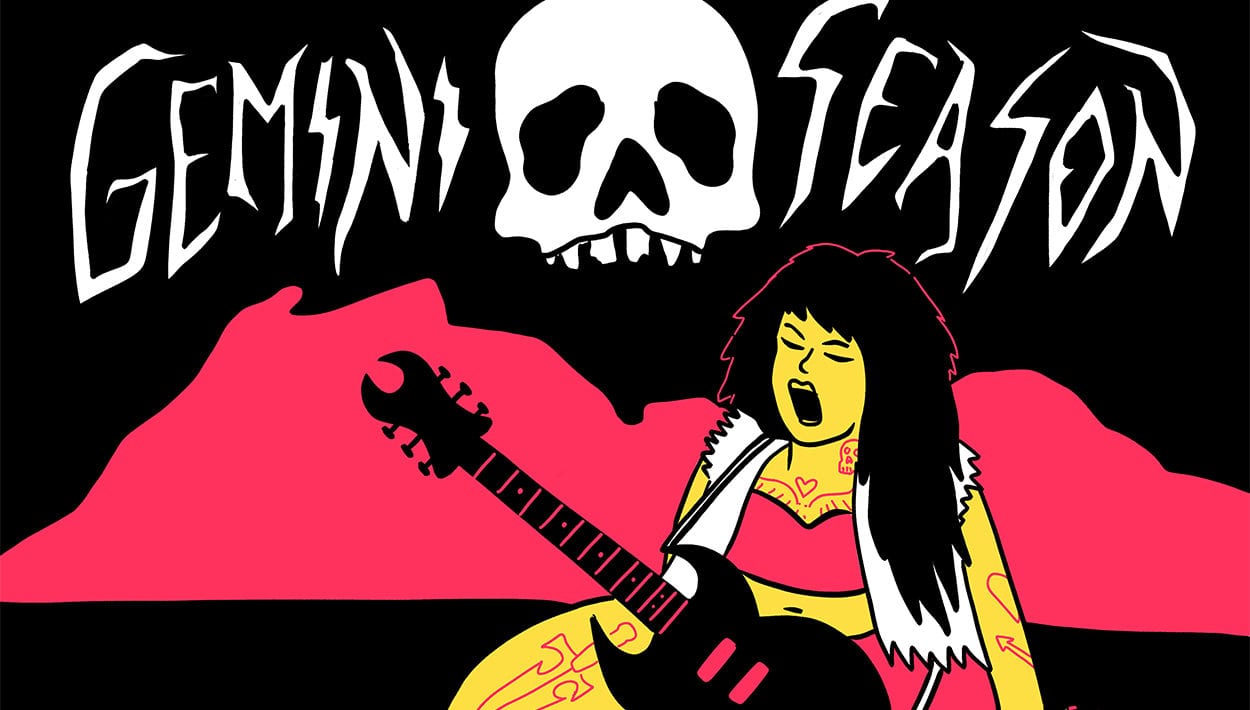
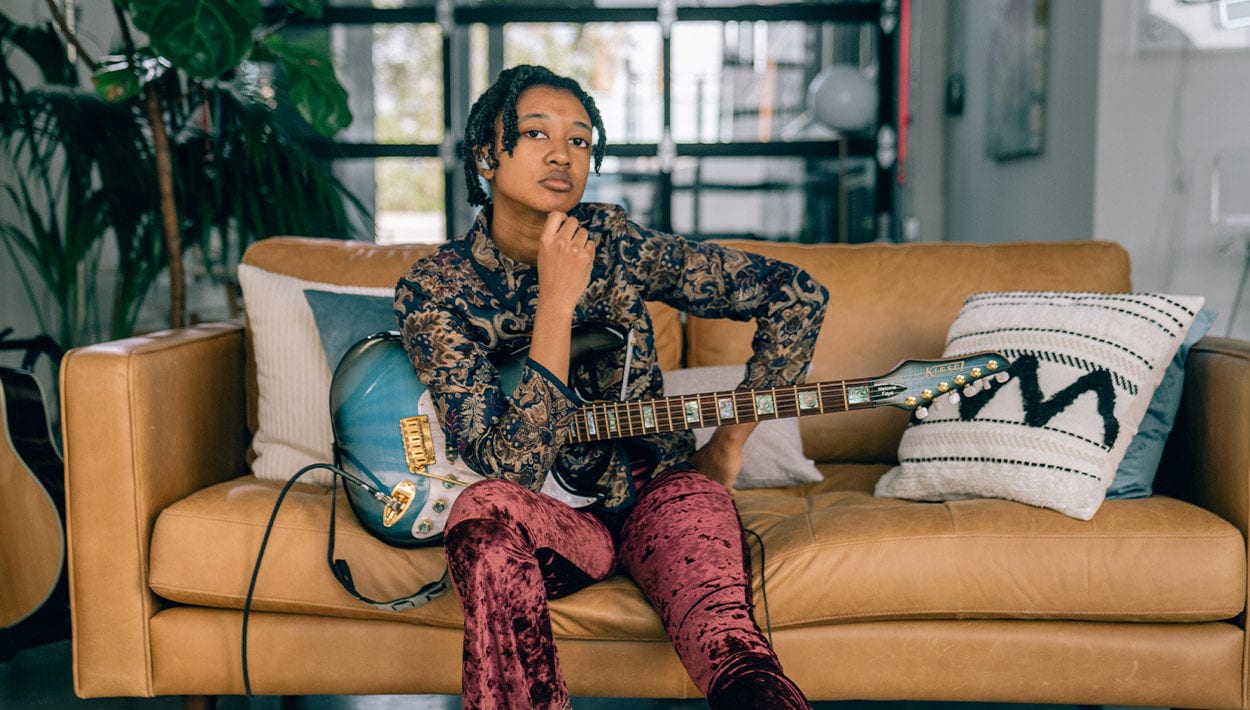
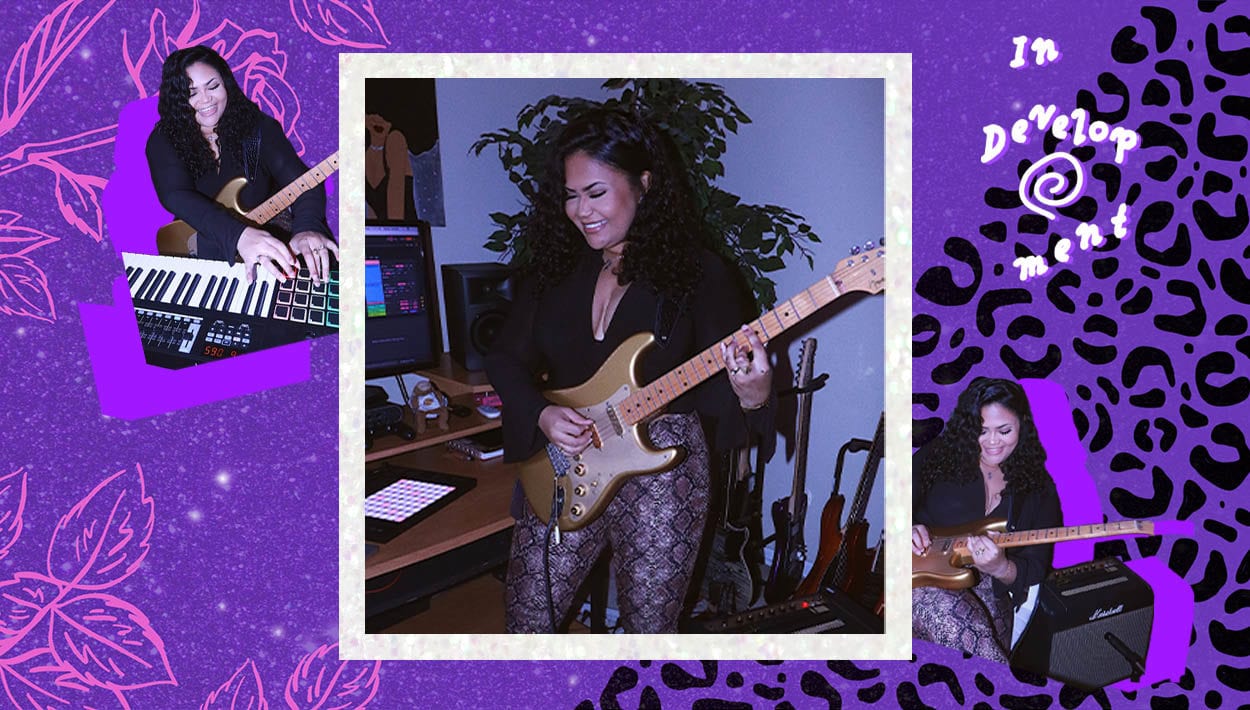
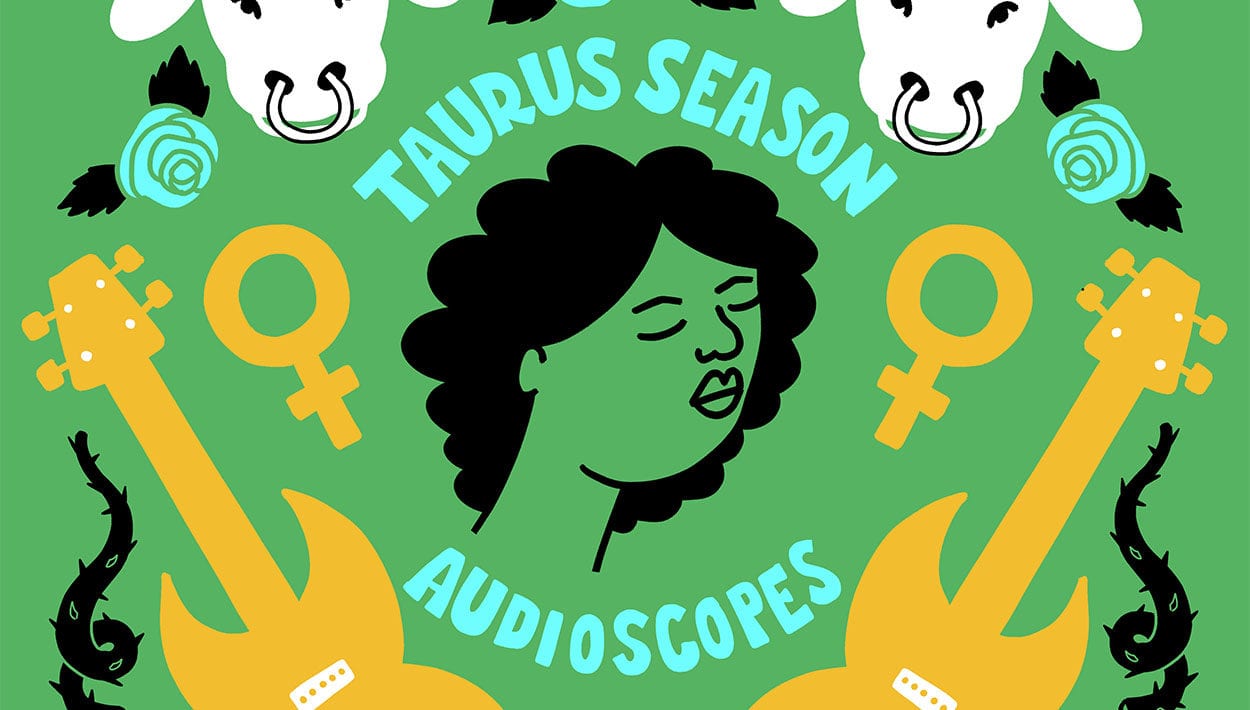


Comments
Fabulous!
Comment by Sandy Nelson on March 28, 2017 at 4:59 pmI’m proud to say that I discovered Brittany before my kids did. It was a jam session on Austin City Limits. I don’t remember who they were honoring but there she was and I couldn’t take my eyes off her.
Comment by Dot Solis on March 29, 2017 at 6:07 amStrong, talented women that moves me with her soulful music. Her stinkin’ groovy music makes me happy. Her live performances are epic and I look forward to new music. Wishing her and the band many blessing.
Brittany is ridiculously talented,love her music,love the band!
Comment by Laurel on March 29, 2017 at 10:55 amI love how she uses an SG for clean tones.
Comment by Trevor Deke Bajus on March 29, 2017 at 3:22 pmOh how she makes me want an SG! I love her playing as much as her voice. She is a true original.
Comment by Teresa G on March 29, 2017 at 8:43 pm[…] One of Howard’s biggest musical influences is the late David Bowie, who provided her with the mold she still follows today, and shares her discovery of self-actualization with She Shreds magazine. […]
Pingback by How Lead Vocalist Brittany Howard Successfully Shook the Alabama Shakes - Empress on June 7, 2017 at 1:11 pm[…] 2016, we interviewed Howard as our Issue 11 cover artist, where she spoke to her beginnings with the guitar, including the […]
Pingback by Brittany Howard Releases "Stay High" from Debut Solo Album, Jaime on July 16, 2019 at 12:41 pm[…] to them, that’s when they got their recognition. I think they, [along with] Tanya Tucker and Brittany Howard, don’t compromise. [One day] you’re going to be sitting outside your giant tour bus […]
Pingback by She Shreds Media on June 12, 2020 at 12:02 pm[…] visibility for women and women of color guitarists right now (H.E.R., St. Vincent, Willow Smith, Brittany Howard, Yola, and the increased popularity of pop stars and their all-women bands, like Beyonce and Lizzo) […]
Pingback by She Shreds Media on September 29, 2020 at 2:13 pm[…] on Robert Glasper’s “Better Than I Imagined,” and our Issue 11 cover artist Brittany Howard won Best Rock Song for “Stay […]
Pingback by She Shreds Media on March 15, 2021 at 1:28 pm[…] Three Pack of EXL115s (the same strings Brittany Howard plays on her guitar!) […]
Pingback by She Shreds Media on April 16, 2021 at 12:27 pm